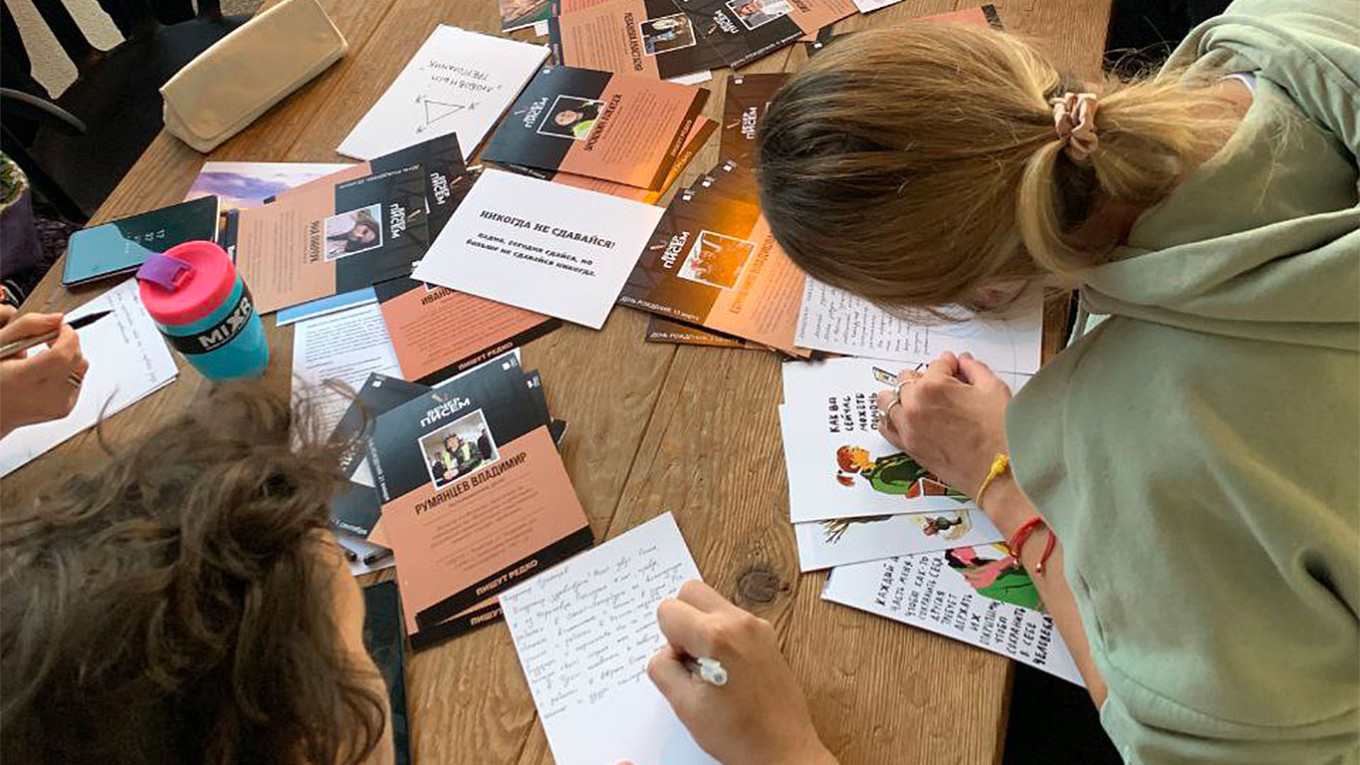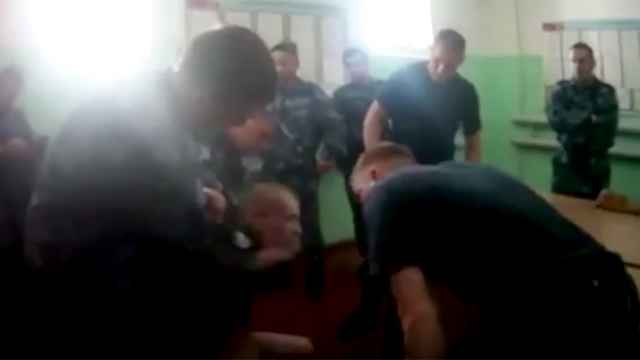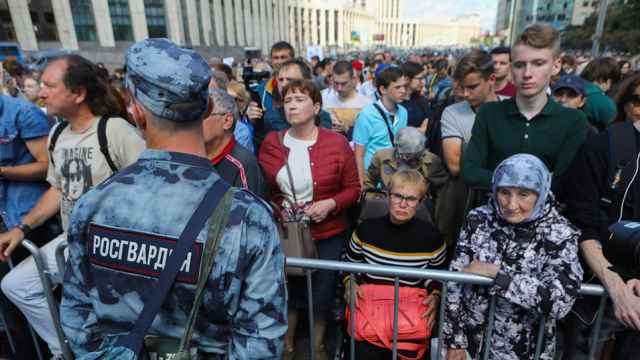YEREVAN, Armenia — At a recent event in Armenia’s capital, Olga Yelsakova was composing a letter to a longtime correspondent.
That correspondent was Yuri Zhdanov, 68, who is currently serving a three-year prison sentence in Russia that many link to his son’s political activities.
Yelsakova is one of a growing movement of people using pen and paper to show their support for the country’s beleaguered opposition, many of whom now sit in jail.
“In my letters I usually write about Armenia, some legends or interesting facts about the country — he had some friends from Armenia,” Yelsakova, who fled to this South Caucasus country following Russia’s invasion of Ukraine, told The Moscow Times.
“It’s particularly important for political prisoners… to know they are not forgotten.”
The number of political prisoners in Russia has crept upward since the start of the war in Ukraine, as wartime censorship laws have been used to put both independent journalists and opposition activists behind bars.
At the same time, the risks of attending anti-Kremlin protests have increased dramatically and hundreds of thousands of opposition-minded Russians have fled abroad — meaning there are few ways left to show one’s support for critics of the Russian regime.
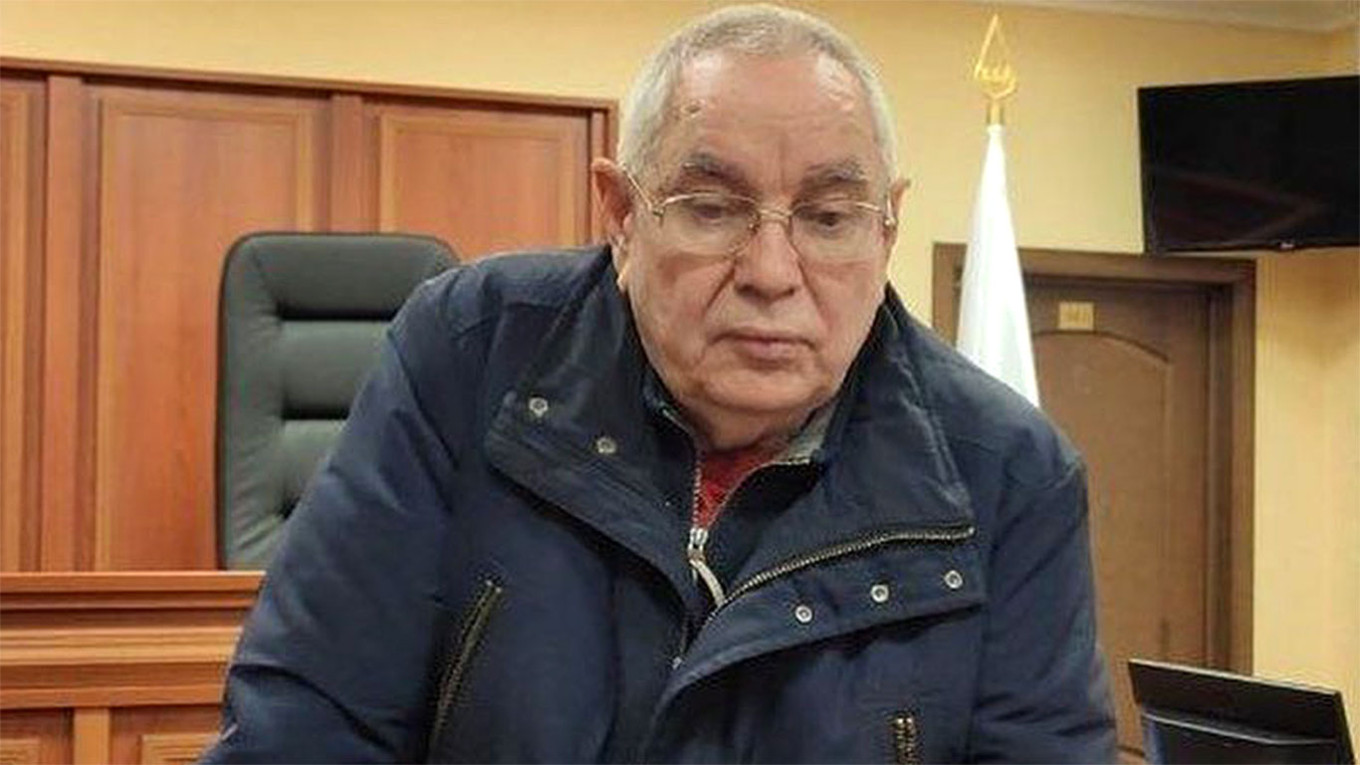
About 25 Russians were present at the December writing event attended by Yelsakova in Yerevan, which was organized by Kovcheg, an international group supporting Russian emigres and activists, and Uznik.Online, a project helping political prisoners.
Like others in her letter-writing group, Yelsakova said that she largely avoids mentioning politics and recent news events, preferring instead to keep her letters lighthearted.
“We usually describe our personal lives — for example, how the city was decorated for the Christmas season,” she said.
Yelsakova’s correspondent, Zhdanov, is one year into a three-year prison sentence he is serving in Russia’s northern Arkhangelsk region. His son, Ivan Zhdanov, a close ally of jailed opposition leader Alexei Navalny, is living abroad to avoid arrest.
In return, Zhdanov writes letters to Yelsakova about twice a month.
With phone calls and visits limited in Russia’s prison system, these letters often become inmates’ most valued means of communication with the outside world.
St. Petersburg artist Alexandra Skochilenko, who was arrested in April for replacing grocery price tags with information about alleged Russian atrocities in Ukraine’s Mariupol, said letters have been a crucial source of comfort for her while in prison.

“There are no words to describe how grateful I am. There is nothing more precious than letters here in prison — they are the only ray of light,” Skochilenko, who faces up to 10 years in prison if convicted, wrote in a recent letter published by Uznik.Online.
Prisoners have even used court appearances to urge more people to write to them.
“I will write to everyone. Write to me. I love you,” Ivan Safronov said last year as he was led out of a Moscow courtroom to begin a 22-year prison sentence on treason charges that his supporters say are revenge for his reporting on Russia’s defense industry.
Safronov’s girlfriend, Ksenia Mironova, said she sends a letter to her partner every week, but that they are no substitute for personal interaction.
“There’s nothing romantic, as some people might think,” she told The Moscow Times via the Telegram messaging app.
“You can’t get used to it.”
The letter-writing movement in support of political prisoners appears to have grown in tandem with Russia’s wartime political crackdown and the exodus abroad of anti-war Russians.

Activists all over the world — from Armenia and Georgia in the South Caucasus to Austria, the Netherlands and the U.S. — organize regular letter-writing events that produce hundreds of letters to be delivered to prisoners in jails all over Russia.
The RosUznik project estimated that correspondents sent at least 2,500 letters to political prisoners through it last year.
Veteran human rights organization Memorial has said there are at least 500 political prisoners currently in Russian jails, with another 500 ongoing political prosecutions.
Russian officials have always maintained there are no political prisoners in the country.
The Federal Penitentiary Service did not respond to a request for comment for this story.
For some prisoners, letters are one of the few sources of independent information about current events as, in jail, they only get access to state TV, newspapers and radio.
“People should not be cut off from the world,” said Alexander Kovalchuk, a member of Kovcheg, told The Moscow Times at a letter-writing event in Yerevan last fall.
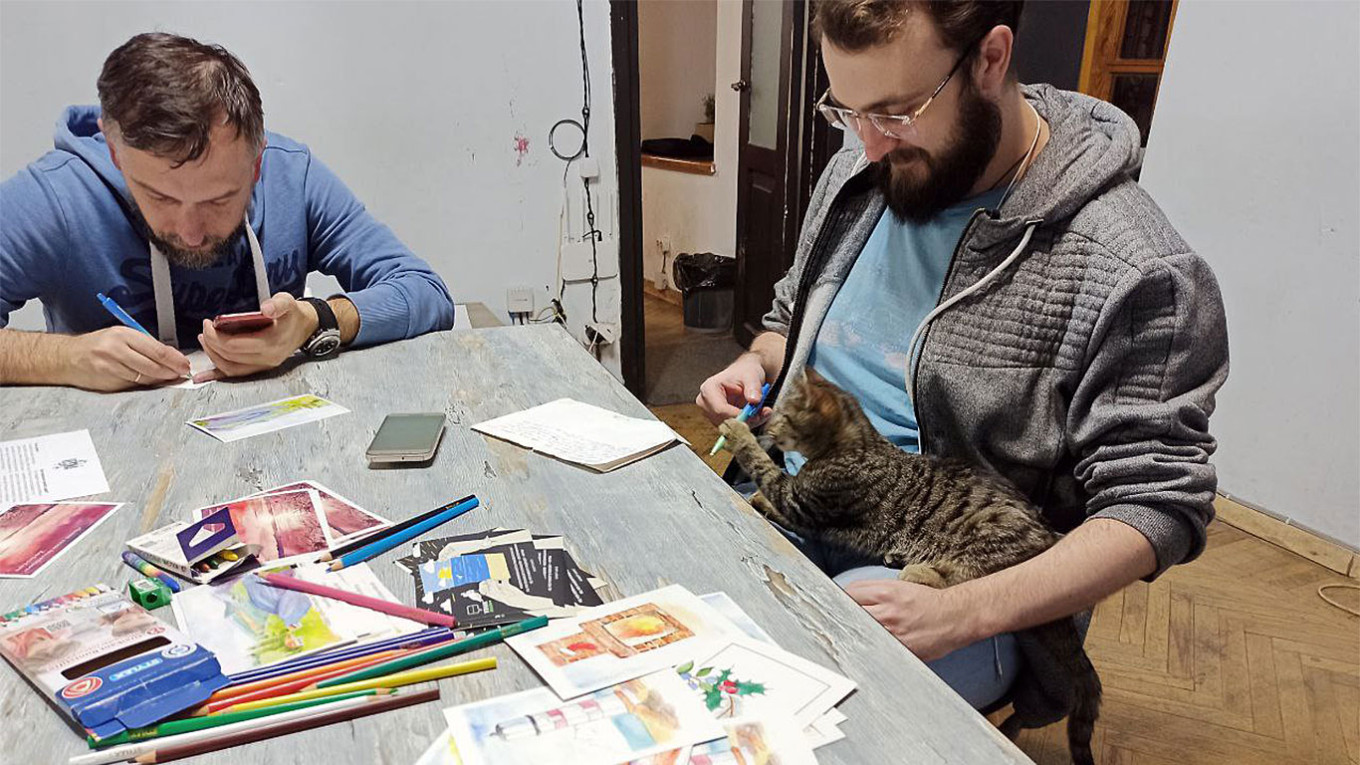
He also pointed out that some inmates are estranged from their families, who may disapprove of their political activism.
In some cases, letter writers and prisoners become pen pals and stay in touch for years.
“I really hope that we will start a correspondence… and we will definitely become friends, and maybe even see each other,” jailed journalist Mikhail Afanasyev wrote in a letter published by Uznik.Online while in a detention center in the Siberian city of Abakan.
Afanasyev, chief editor of the republic of Khakassia’s Novyi Fokus outlet, was arrested in April after publishing a story on local riot police officers who had refused deployment to Ukraine; rights groups deem his case to be politically motivated.
A number of organizations, including Memorial and RosUznik, maintain databases with contact details for Russia’s political prisoners for those interested in corresponding.
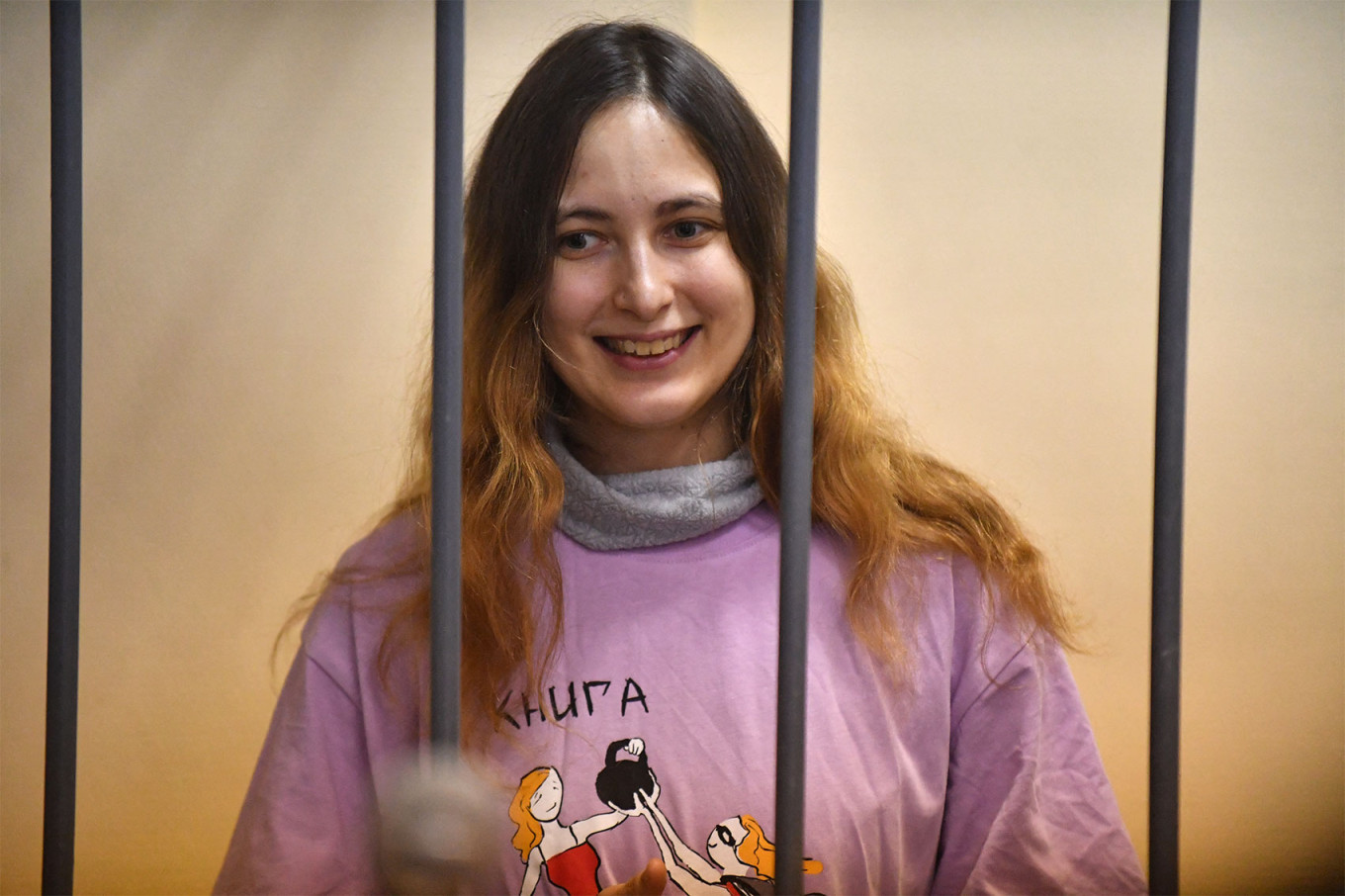
People can either send physical letters via Russia’s postal service or emails that are then printed out and delivered via the online prison postal system FSIN-Pismo.
While most topics are permissible, activists said that prison officials can censor both incoming and outgoing correspondence.
Darina Mayatskaya, a coordinator for Kovcheg in Yerevan, said at the letter-writing event that they ask correspondents to avoid anything that might violate Russian laws.
The Ukraine war in particular appears to be off-limits.
“It became almost meaningless to send news when the war started because those letters would be heavily censored,” said prisoner Safronov’s girlfriend, Mironova.
In addition to providing psychological support, letters can help shield inmates from abuse by prison guards, who may assume there is more outside attention on prisoners who receive more letters.
“If people are sending letters to prisoners, it means that they are worried about their fate — it will be more difficult to do any harm to them,” said Yelsakova at the Yerevan event.
“Their life in prison is hard,” Yelsakova said. “So we have to keep writing.”
A Message from The Moscow Times:
Dear readers,
We are facing unprecedented challenges. Russia's Prosecutor General's Office has designated The Moscow Times as an "undesirable" organization, criminalizing our work and putting our staff at risk of prosecution. This follows our earlier unjust labeling as a "foreign agent."
These actions are direct attempts to silence independent journalism in Russia. The authorities claim our work "discredits the decisions of the Russian leadership." We see things differently: we strive to provide accurate, unbiased reporting on Russia.
We, the journalists of The Moscow Times, refuse to be silenced. But to continue our work, we need your help.
Your support, no matter how small, makes a world of difference. If you can, please support us monthly starting from just $2. It's quick to set up, and every contribution makes a significant impact.
By supporting The Moscow Times, you're defending open, independent journalism in the face of repression. Thank you for standing with us.
Remind me later.



